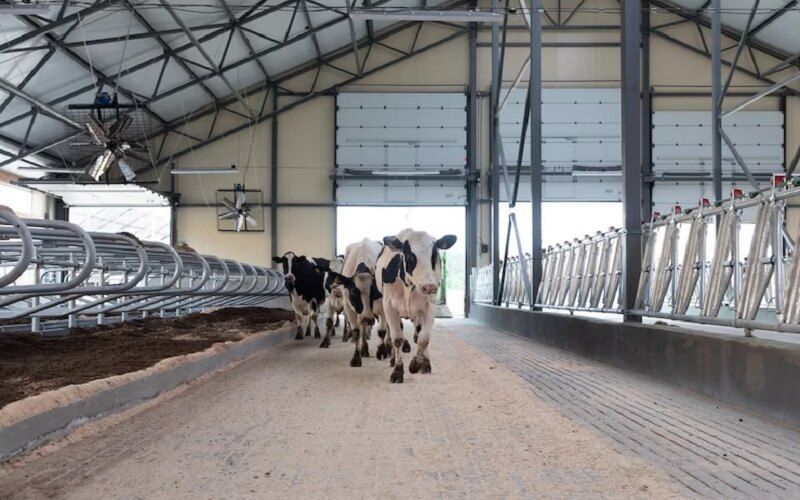Uruguay: Accusations of Dairy Industry Concentration

Key stakeholders in Uruguay's dairy sector are sounding the alarm over what they describe as a 'perfect storm' of challenges, including high market concentration and excessive competition, threatening the country's dairy production.
The Uruguayan dairy industry, renowned for its export capacity, is at a critical juncture. Various sector actors, including workers' unions and the National Milk Institute (Inale), have raised alarms about structural problems threatening its viability. Complaints lodged with governmental authorities highlight managerial failures, increasing market concentration, and alleged unfair competition, creating high uncertainty for producers and businesses.
A primary concern is the growing concentration in milk production. Despite increased milk shipments in recent years, the number of producers has drastically declined since 2002, leading to a few large players dominating the market while small and medium producers struggle to survive. This dynamic is allegedly exacerbated by foreign investors paying higher prices to larger-scale producers, further deepening disparities.
Critics also point to 'severe managerial problems' and a lack of strategic vision within the sector. Unlike cooperatives like CONAPROLE, considered an exception, other companies face accusations of 'great fragility' in their management. This results in decisions such as closing rural plants, like CONAPROLE's in Rivera, while concentrating investments in metropolitan areas, weakening the economy of interior communities.
Adding to internal issues is "excessive competition" eroding the sector's profitability. Complaints cite the insustainability of imported dairy products, especially cheese, which offer prices local producers cannot match, undermining the local market's capacity to sustain itself. International price volatility and climatic events also contribute to recurrent debts among producers.
In conclusion, Uruguay's dairy industry faces daunting challenges. Sector actors' grievances underscore the need for a coordinated response addressing both internal failings and external pressures. The survival of thousands of producers and workers and the future of national dairy production depend on the industry's and government's ability to implement solutions promoting equity, competitiveness, and long-term sustainability.









